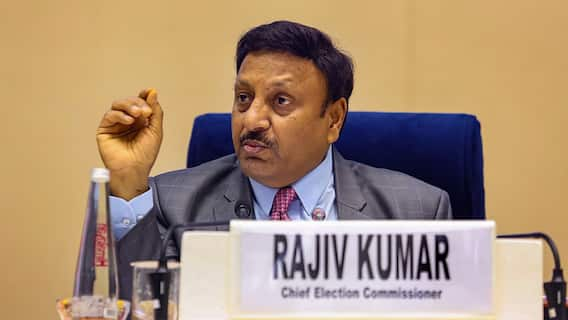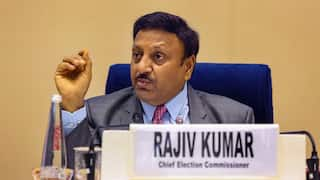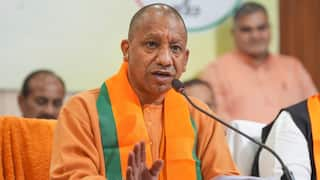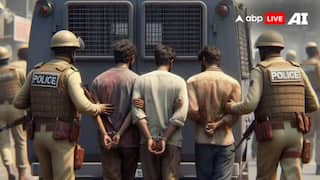European Union Agrees To Fresh Sanctions On Russia Over Ukraine War
EU leaders agreed to the ninth package of sanctions against Moscow to blacklist nearly 200 more people and bar investment in Russia's mining industry, among others

New Delhi: European Union leaders concluded the last summit of 2022 and agreed to provide 18 billion euros in financing to Ukraine next year besides imposing more sanctions on Russia. The leaders, on Thursday also agreed to the ninth package of sanctions against Moscow to blacklist nearly 200 other people besides banning investment in Russia's mining industry, among others, reported news agency Reuters.
The fresh round of sanctions on Russia comes amid complaints from hawkish eastern European leaders that some countries were trying to water them down.
The agreements were reached on the sidelines of a leaders’ summit in Brussels and the sanctions would be formally confirmed on Friday. Meanwhile, Russia may likely attack Kyiv next year. The commander-in-chief of Ukraine's armed forces expects a new Russian attack on Kyiv in the early months of 2023, according to an interview with The Economist released on Thursday.
With much of the confrontation concentrated in the east and south recently, General Valeriy Zaluzhny told the British weekly the capital that it would be targeted again. A "very important strategic task is to create reserves and prepare for the war which may take place in February, at best in March, and at worst at the end of January," he said in a December 3 interview released on Thursday, as reported by AFP.
Commander-in-chief of Ukraine's armed forces expects a new Russian attack on Kyiv in the early months of 2023, news agency AFP reported citing an interview with The Economist released Thursday. Much of the fighting has been concentrated in the east and south recently but General Valeriy Zaluzhny told the British weekly the capital would be targeted again.
"The Russians are preparing some 200,000 fresh troops. I have no doubt they will have another go at Kyiv," he told The Economist. "We have made all the calculations -- how many tanks, artillery we need, and so on and so on." At the end of February, Moscow sent its forces into Ukraine intending to swiftly capture Kyiv.
In a victory for the Ukrainian army, the invaders were held up several dozen km from the capital before pulling back from the region at the end of March and early April.
The general said among his current problems was "to hold this (front)line", which runs south to east, "and not lose any more ground" after pushing back the Russians from the Kharkiv region in the northeast in September and Kherson in the south last month. The waves of attacks on the power network that have taken place so far has resulted in massive power outages across the country, leaving millions of Ukrainians in the bitter cold and dark of winter.
(With agencies Inputs)
Trending News
Top Headlines






































